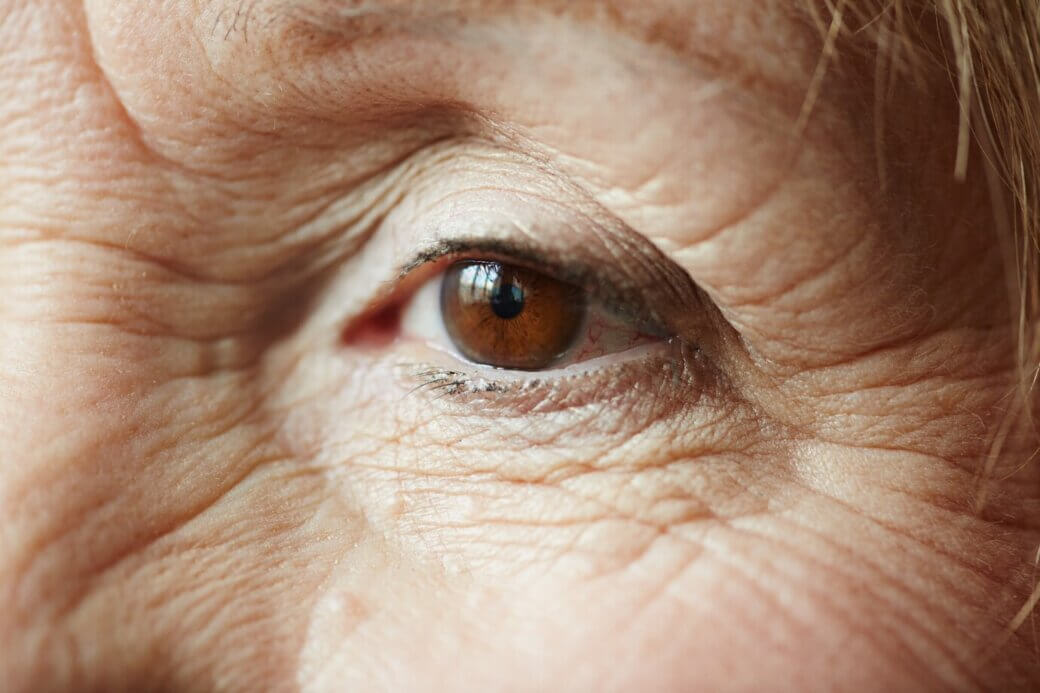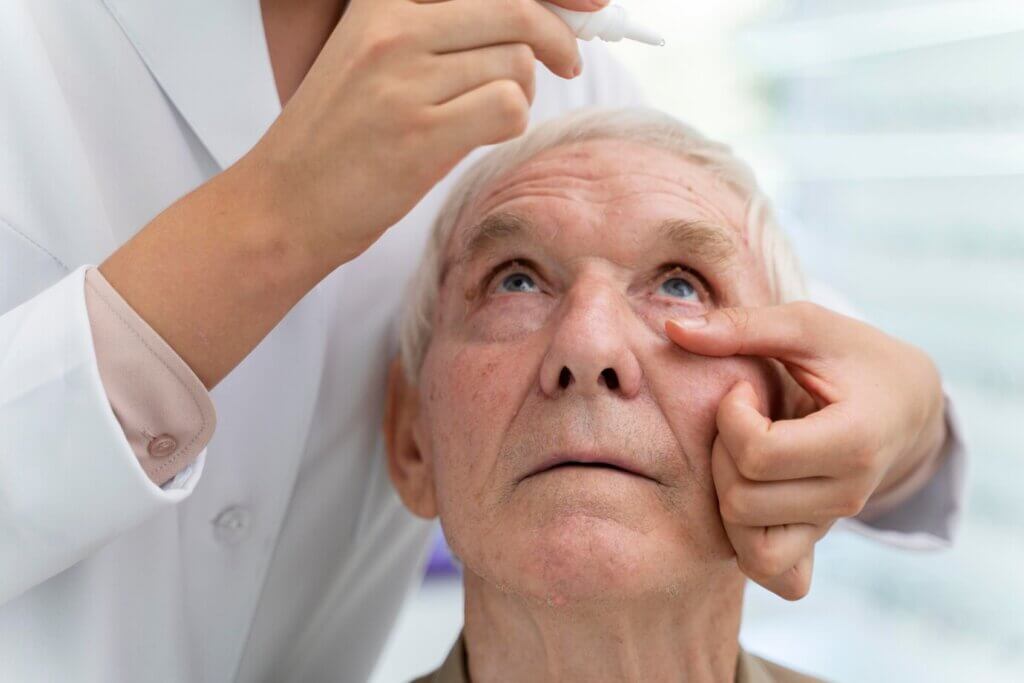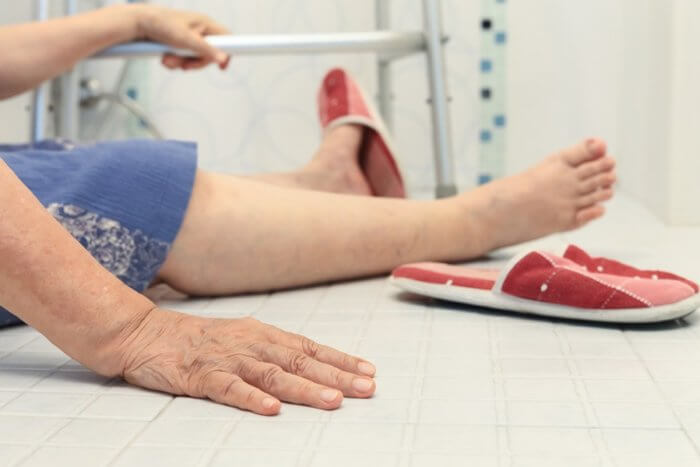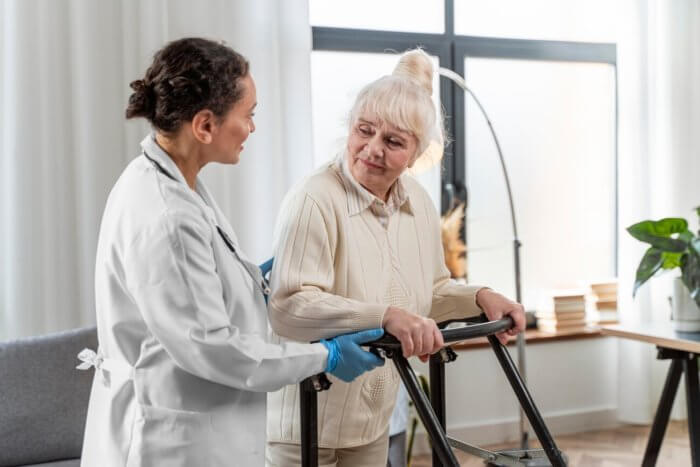Senior Eye Diseases Care: A Guide for Healthy Vision

As we age, our eyes undergo changes that can increase the risk of eye diseases. At Central Scottsdale Assisted Living, we understand the importance of maintaining optimal eye health for our senior residents. In this comprehensive guide, we’ll explore essential tips and strategies for preventing and managing eye diseases in seniors, empowering them to enjoy clear vision and improved quality of life.
Common Eye Diseases in Seniors:
Age-Related Macular Degeneration (AMD): AMD is a leading cause of vision loss among seniors, affecting the macula, the central part of the retina. It can result in blurred or distorted vision, making tasks like reading and driving challenging. Regular eye exams are crucial for early detection and management of AMD. Lifestyle changes, such as eating a healthy diet rich in antioxidants and quitting smoking, can also help reduce the risk of progression.
Glaucoma: Glaucoma is a group of eye conditions characterized by damage to the optic nerve, often caused by elevated intraocular pressure. Without treatment, it can lead to irreversible vision loss. Seniors should undergo regular eye screenings to monitor intraocular pressure and detect glaucoma early. Treatment options may include prescription eye drops, laser therapy, or surgery to lower pressure and preserve vision.
Cataracts: Cataracts are cloudy areas that form in the eye’s lens, leading to blurred vision and difficulty seeing in low light. While cataracts are common in older adults, they can be effectively treated with surgery to replace the cloudy lens with an artificial one. Seniors should be aware of symptoms such as blurry vision, glare, and difficulty with night driving and consult an eye care professional for evaluation and treatment.
Diabetic Retinopathy: Seniors with diabetes are at risk of developing diabetic retinopathy. This complication affects the blood vessels in the retina. It can cause vision loss if left untreated. Managing blood sugar levels through diet, exercise, and medication is essential for preventing diabetic retinopathy. Regular eye exams are critical for early detection and treatment, which may include laser therapy or injections to preserve vision.
Dry eye syndrome is a common condition characterized by insufficient tear production or poor tear quality, leading to discomfort and irritation. Seniors may experience symptoms such as dryness, burning, and eye redness. Using artificial tears, proper hydration, and avoiding environmental triggers like smoke and wind can help alleviate symptoms and improve eye comfort.
Retinal Detachment: Retinal detachment occurs when the retina pulls away from the underlying tissue, disrupting blood flow and vision. It is a medical emergency that requires prompt treatment to prevent permanent vision loss. Seniors should be aware of warning signs such as sudden flashes of light, floaters, or a curtain-like shadow in their peripheral vision and seek immediate medical attention if these symptoms occur.

Preventive Measures for Senior Eye Health:
Healthy Diet: Encourage seniors to maintain a balanced diet rich in nutrients essential for eye health, such as vitamins A, C, and E, as well as omega-3 fatty acids. Foods like leafy greens, fish, nuts, and colorful fruits and vegetables can help support overall eye health and reduce the risk of age-related eye diseases.
Regular Exercise: Physical activity benefits both overall and eye health. Encourage seniors to exercise regularly, such as walking, swimming, or yoga, to improve circulation and maintain healthy eye blood flow. Exercise can also help lower the risk of developing diabetes and high blood pressure, which can impact eye health.
UV Protection: Protecting the eyes from harmful UV rays is essential for preventing eye damage and reducing the risk of conditions like cataracts and macular degeneration. Encourage seniors to wear sunglasses with UV protection outdoors, even on cloudy days. Wide-brimmed hats can also provide additional protection from sunlight.
Quit Smoking: Smoking is a significant risk factor for many eye diseases, including macular degeneration, cataracts, and dry eye syndrome. Encourage seniors to quit smoking to reduce their risk of developing these conditions and preserve their vision. Supportive resources and smoking cessation programs may be available to help seniors quit smoking successfully.
Regular Eye Exams: Routine eye exams are essential for detecting eye diseases early, when they are most treatable. Encourage seniors to schedule comprehensive eye exams with an optometrist or ophthalmologist at least once a year or more frequently if they have existing eye conditions or risk factors. Regular screenings can help identify problems and initiate timely interventions to preserve vision.
Managing Eye Diseases in Seniors:
Medication Management: Seniors with eye diseases may require prescription medications to manage their condition and prevent further vision loss. Ensure seniors properly administer their eye drops or medications, including the frequency and dosage instructions. Please encourage them to adhere to their treatment plan and report any side effects or concerns to their healthcare provider.
Vision Aids: For seniors with vision impairment due to conditions like macular degeneration or glaucoma, vision aids can help enhance their remaining vision and improve their quality of life. Assistive devices such as magnifiers, reading glasses, and telescopic lenses can make tasks like reading, writing, and watching television more manageable and enjoyable.
Home Safety Modifications: Seniors with vision loss may benefit from modifying their home environment to reduce the risk of accidents and injuries. Ensure their living space is well-lit with bright, glare-free lighting and free from hazards like loose rugs or clutter. Install grab bars and handrails in high-risk areas like bathrooms and stairways to provide stability and support.
Low Vision Rehabilitation: Seniors with significant vision loss may benefit from low vision rehabilitation programs, which offer training and support to help them adapt to their visual impairment and maximize their remaining vision. These programs may include instruction on assistive devices, orientation, mobility training, and counseling to address the emotional and psychological challenges associated with vision loss.
Supportive Services: Encourage seniors to use supportive services and resources to help them manage their eye diseases and maintain their independence. This may include transportation services to attend medical appointments, support groups for individuals with vision loss, and community programs offering education and assistance with daily living activities.
We are here to help
Maintaining healthy vision is essential for seniors to enjoy a high quality of life and remain independent as they age. By following these essential tips for senior eye disease care, Central Scottsdale Assisted Living residents can take proactive steps to protect their vision and manage eye diseases effectively. Early detection and intervention are key to preserving vision and maximizing visual function. If you or a loved one need senior eye disease care assistance, don’t hesitate to contact Central Scottsdale Assisted Living at 619-831-1112 for support and guidance.






Leave a Comment